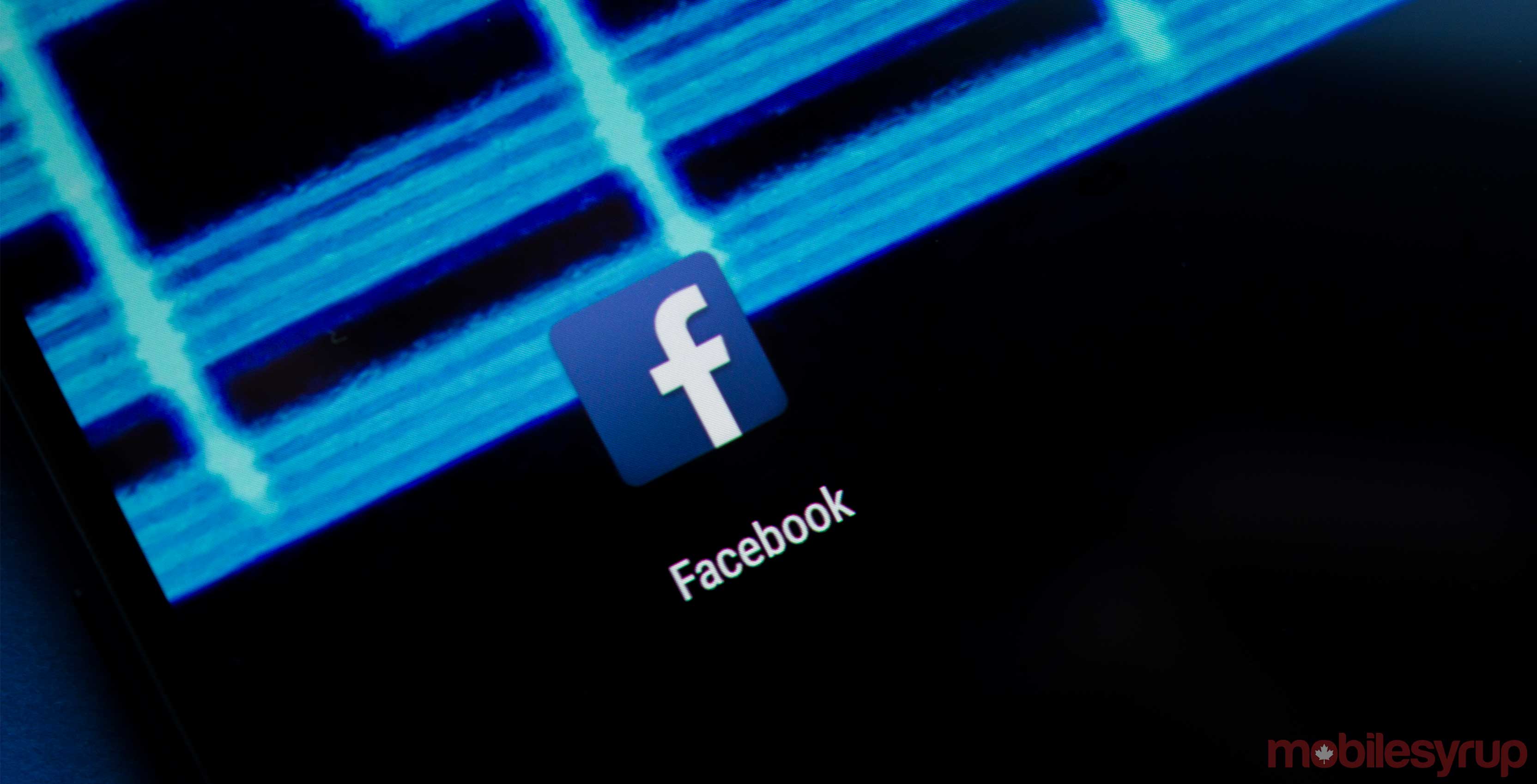
Facebook is attempting to enter digital payments again, this time around with a new cryptocurrency called Libra. Along with Libra, Facebook announced a new subsidiary called Calibra, a digital wallet that will “provide financial services [and] enable people to access and participate in the Libra network.”
The Menlo Park-based company plans to launch Calibra in 2020, and the financial services will be available in Messenger, WhatsApp, and its standalone app. Interestingly, Facebook is also reportedly adding end-to-end encryption to Messenger, which makes it compatible with blockchain standards.
Facebook said in the announcement post that the company hopes to address the issue where many people around the world have limited access to financial services.
“Almost half of the adults in the world don’t have an active bank account, and those numbers are worse in developing countries and even worse for women,” Facebook said in the announcement post. “Approximately 70 percent of small businesses in developing countries lack access to credit, and $25 billion is lost by migrants every year through remittance fees.”
When the service launches, Calibra will let users send and receive Libra through smartphones, and eventually be able to pay bills, buy coffee and ride public transit. Such features are already available on Chinese messaging app WeChat.
To top-up a Calibra account, Facebook says that a sign-up process will be available for users to select from a list of payment providers such as Mastercard, Visa, PayPal and Stripe. Users can also visit a local or online currency exchange that turns U.S. dollars into Libra.
Privacy concerns around Facebook’s cryptocurrency
Being a Facebook service means privacy is a significant concern for consumers. Facebook responded by creating the Libra Association, which will oversee the Libra digital currency independently from Facebook. Facebook will have to vote on matters regarding Libra, and its power is limited like the other 28 members. To make it even more transparent, the Libra Association is based in Geneva, home to the World Trade Organization.
If you want to build a protocol for money and value on the Internet, you can’t have that be controlled by one company,” says David Marcus, Head of Calibra.
Aside from limited access, Facebook mentions that Calibra will not share any data with any application. No user information will be used for targeted ads.
Mastercard, Visa and PayPal said they welcome this blockchain technology developed by Facebook. It will be a chance for these companies to offer cryptocurrencies just like the same service they provide in card payments.
Companies like Uber, Lyft, eBay and Spotify are also onboard with the social media giant. Since these companies keep millions of payment details on file, they risk losing customers who updated their payment methods. E-commerce companies are also required to pay a higher rate when processing transactions. These firms welcome alternative payment methods, such as cryptocurrency, that reduce extra expenses.
“Libra has the potential to bridge the gap between traditional financial networks and new digital currency technology while reducing the costs for everyone,” said Peter Hazlehurst, who is responsible for payment at Uber.
Not everyone is a fan
Large banks such as JP Morgan Chase, Bank of America and Citigroup are not onboard with Facebook. Major retailers such as Target and Walmart are also hesitant to use cryptocurrency due to lack of adoption.
Many U.S. tech companies have also stayed away from Facebook’s choice of currency. Firms such as Microsoft, Apple, Google and Amazon have already developed their own digital payment businesses. Apple, in particular, has denounced Facebook for mistreatment of privacy and user data.
“This is very early — 27 organizations right now, 100 by the time we launch,” says Marcus. “By that time, I definitely expect to see banks in there, I definitely expect to see other large technology companies and I definitely expect to see more diversity of organizations in terms of geographical distribution.”
Speculation surrounding a Facebook cryptocurrency dates back to 2018 when Bloomberg reported that the tech giant was developing a ‘stablecoin’ that allowed users to transfer money through encrypted messaging services. Stablecoins are tied to the value of the U.S. dollar, meaning that the currency is more stable when compared to other cryptocurrencies, like Bitcoin.
MobileSyrup may earn a commission from purchases made via our links, which helps fund the journalism we provide free on our website. These links do not influence our editorial content. Support us here.


